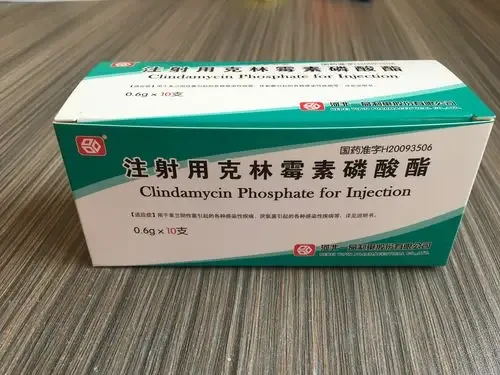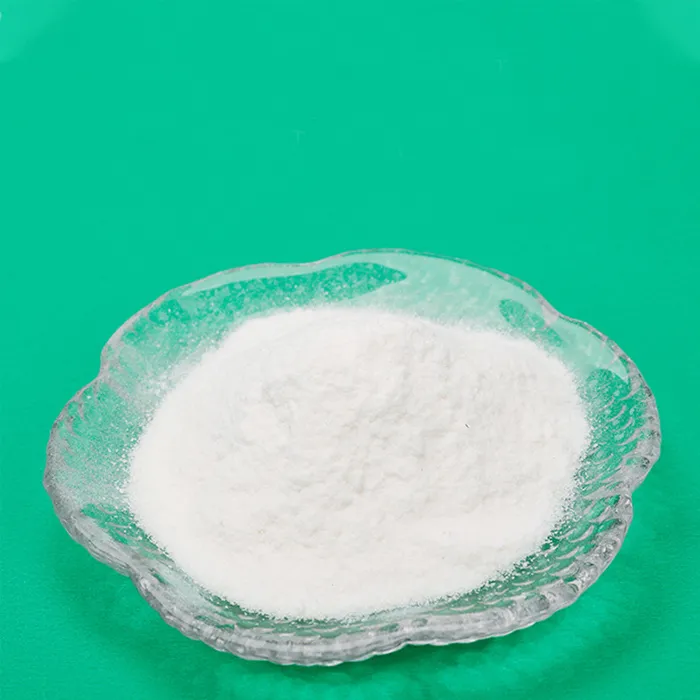chemicals used in wastewater treatment plants
Optimizing the operations of wastewater treatment plants is pivotal not only for safeguarding the environment but also for ensuring public health and safety. At the heart of these operations are specialized chemicals that play a crucial role in cleaning and purifying wastewater. Understanding these chemicals—their functionalities, benefits, and applications—provides us with insights necessary for informed, efficient wastewater treatment processes.
Coagulation and flocculation are essential processes in a wastewater treatment plant, heavily reliant on chemicals such as aluminum sulfate (alum) and ferric chloride. These chemicals work by neutralizing the negative charges of dissolved particles in the wastewater, making them clump together into larger aggregates. The formed flocs settle more easily, allowing for efficient removal during the sedimentation phase. This dual-step chemical process effectively reduces turbidity, color, and particulates, leading to a significant reduction in biochemical oxygen demand (BOD) and improving overall water quality.
Polymer coagulants, alternatively referred to as polyelectrolytes, serve as excellent flocculating agents, offering enhanced settling characteristics and additional filtration advantages. The use of these high-molecular-weight compounds is especially beneficial in wastewater with a variable solid content or in systems facing challenges with specific pollutants. By promoting superior floc formation, these polymers enhance the downstream biological treatment processes, ultimately contributing to lower operational costs through reduced sludge production and improved effluent quality.
In the biological treatment phase, microorganisms are at the forefront of breaking down organic substances. However, this biological workforce is sometimes insufficient without the support of chemical additives. Oxygen-releasing compounds, like calcium nitrate and magnesium peroxide, serve a critical role in supporting aerobic bacterial activity by continuously supplying oxygen, thus optimizing the degradation of organic pollutants. These chemicals are particularly advantageous in counteracting conditions that promote the growth of harmful anaerobic bacteria, thus enhancing the overall efficacy of biological treatment processes.chemicals used in wastewater treatment plants
For advanced treatment processes, such as disinfection, chemicals like chlorine, ozone, and ultraviolet (UV) light agents are indispensable. Chlorine, a tried-and-true disinfectant, is utilized for its effectiveness in eradicating pathogenic microorganisms, ensuring the treated water is safe for discharge or reuse. However, given the potential formation of hazardous by-products like trihalomethanes (THMs), alternative disinfectants such as ozone are gaining traction due to their faster action and reduced by-product formation. UV disinfection, another cutting-edge methodology, employs high-intensity light to inactivate pathogens, offering a non-chemical solution to disinfection needs.
Chemical oxygen demand (COD) reduction represents another domain where chemicals are vital. Fenton's reagent, a solution of hydrogen peroxide and an iron catalyst, is a well-recognized chemical treatment that can rapidly degrade difficult-to-treat organic pollutants in wastewater. This solution is essential in industrial wastewater treatments where traditional biological processes prove inadequate.
Lastly, pH neutralizers such as lime and sulfuric acid are employed to adjust the pH levels of wastewater, ensuring they are conducive to treatment processes and safe for eventual environmental discharge. The controlled adjustment of pH is crucial not only for optimizing the performance of other chemical treatments but also for complying with regulatory requirements concerning effluent standards.
In conclusion, chemicals are indispensable allies in the operation and success of wastewater treatment plants. Their precise application fosters efficient purification and helps in meeting stringent regulatory standards. The effectiveness of these chemicals solidifies their importance in maintaining the sustainability of water resources and underscores the need for continuous innovation and improvement in their development and application strategies.
More product recommendations



